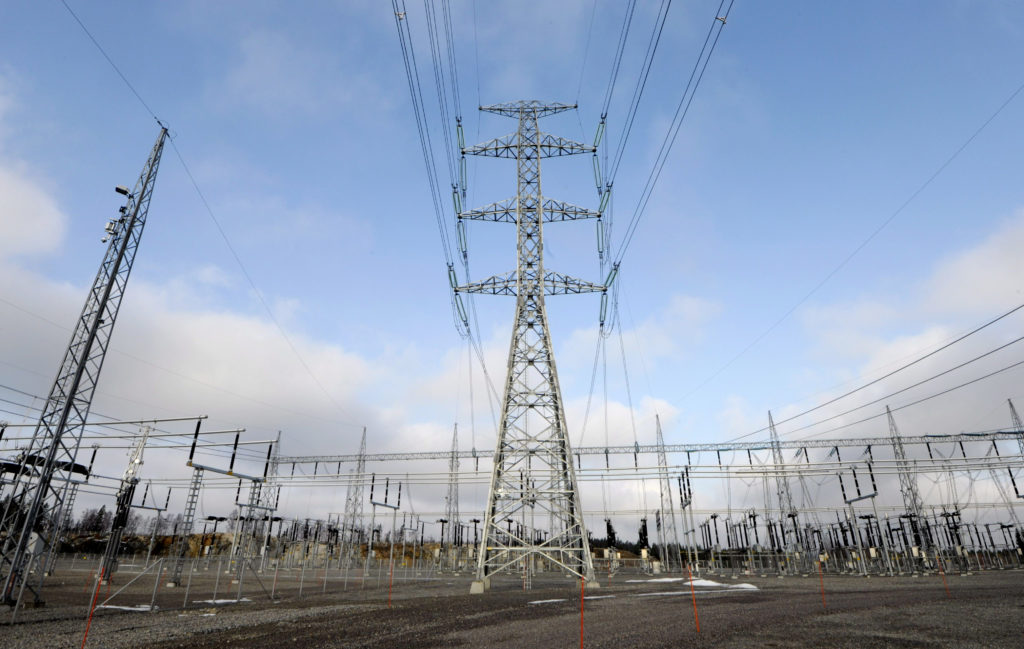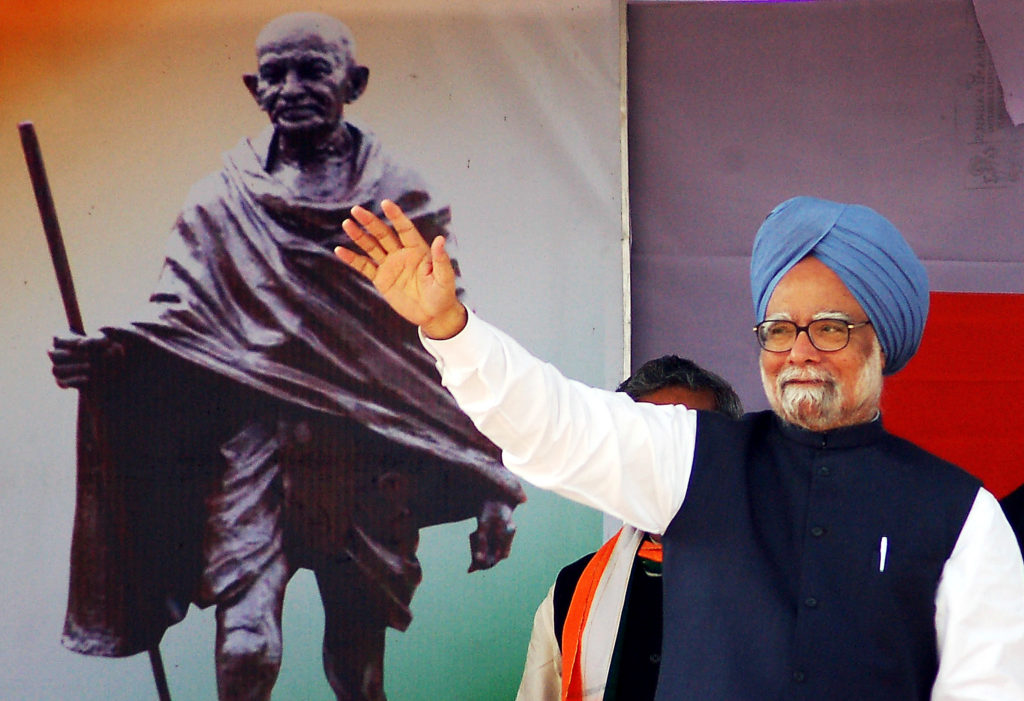US President Joe Biden plans to deliver a major address to African leaders
President Joe Biden was set Wednesday to unveil a long-term commitment to African leaders as the United States laid out a major investment push in technology in the continent, where China’s infrastructure spending has made it a top player.
Biden will deliver an address on Africa to some 49 leaders who have gathered in Washington for the continent-wide summit, the first held by a US president since Barack Obama in 2014.
The White House said Biden will stress the importance of Africa, back a greater role for the African Union, and outline some $55 billion in support for the continent over the next few years.
After an initial announcement on training health workers, the White House said Wednesday that the United States will commit $350 million and mobilize $450 million in financing for digital development in Africa.
Improving connectivity will both spur development and advance social equality while creating more opportunities for US companies, the White House said.
China in the past decade has surpassed the United States on investing in Africa, mostly through highly visible infrastructure projects, often funded through loans that have totaled more than $120 billion since the start of the century.
Defense Secretary Lloyd Austin on Tuesday warned African leaders that both China as well as Russia were “destabilizing” the continent, saying Beijing’s mega-contracts lacked transparency.
– Investing in technology –
US and African businesses laid out details of $15 billion in new trade on the second day of the forum, with a heavy push on the goal of digital development.
Cisco and partner Cybastion said they would commit $858 million to bolster cybersecurity through 10 contracts across Africa, addressing a vulnerability that has held up online development.
The ABD Group said it would commit $500 million starting in Ivory Coast to adopt cloud technology through data centers that can work with major US technology firms.
Technology leader Microsoft said it would employ satellites to bring internet access to some 10 million people, half of them in Africa, hoping to bridge a digital divide that has held back the continent.
The project will prioritize internet access in areas of Egypt, Senegal and Angola that have not had access to the internet, often due to unreliable electricity.
Microsoft president Brad Smith said that the company has been impressed by its engineers in Nairobi and Lagos.
In Africa, “there is no shortage of talent, but there is a huge shortage of opportunity,” Smith told AFP.
Smith said he saw wide support in Africa for bringing internet access, saying many governments have leapfrogged over their Western counterparts in ease of regulation as the continent did not have the same “extraordinary web of licensing regimes” in place from the past.
– Support for democracy –
Unlike China, which has had a hands-off policy toward countries where it invests, the United States has also emphasized democracy, with Biden planning to press leaders up for election next year to ensure free and fair polls.
Secretary of State Antony Blinken took part in the signing of a $504 million compact with Benin and Niger under the Millennium Challenge Corporation, which funds projects in countries that meet key standards on good governance.
The deal aims to connect Benin’s port of Cotonou with landlocked Niger’s capital Niamey, with the United States estimating benefits to 1.6 million people.
“For a long time we’ve considered this to be our natural port,” Niger’s President Mohamed Bazoum said.
He hailed the partnership with the United States and promised “institutional reforms” to support trade.
In a veiled allusion to China, Blinken said that the deal will not “saddle governments with debt.”
“Projects will bear the hallmarks of America’s partnership. They’ll be transparent. There’ll be high quality. They’ll be accountable to the people that they mean to serve,” Blinken said.










